The key players of 2016, a year of break-ups, break-downs, chaos and turbulence
The people who precipitated moments and movements, who started some of the biggest national and international conversations and who, for better or worse, dominated headlines in 2016
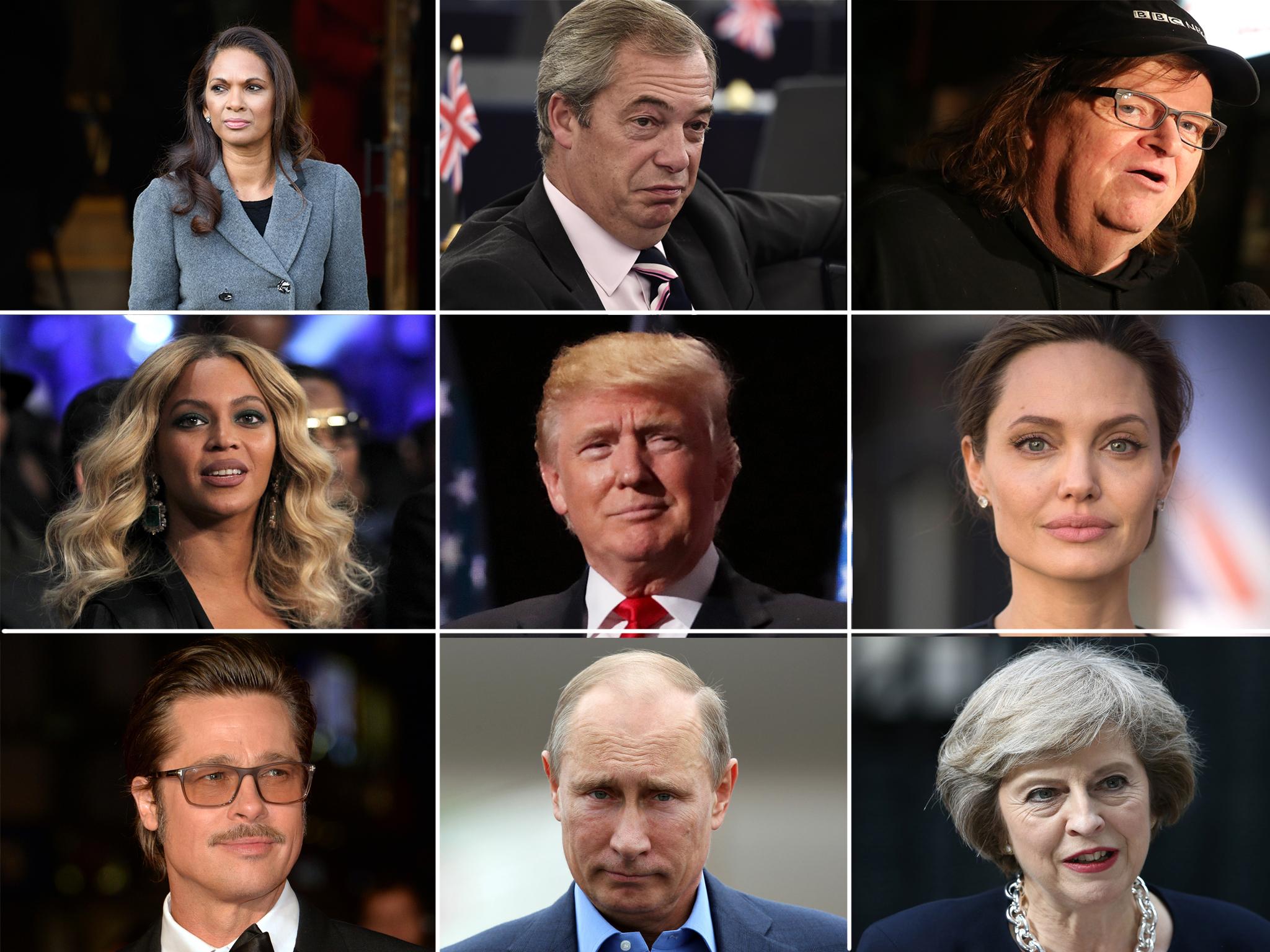
Deaths, break-ups, political earthquakes and increasing instability across the Middle East came to define 2016. Fans mourned, tabloids cheered, grave Christmas messages implored peace and stunned politicians began to consider what 2017 could deliver with some surprising new faces running the show.
These are the people who precipitated moments and movements, who started some of the biggest national and international conversations and who, for better or worse, dominated headlines in 2016.
David Bowie
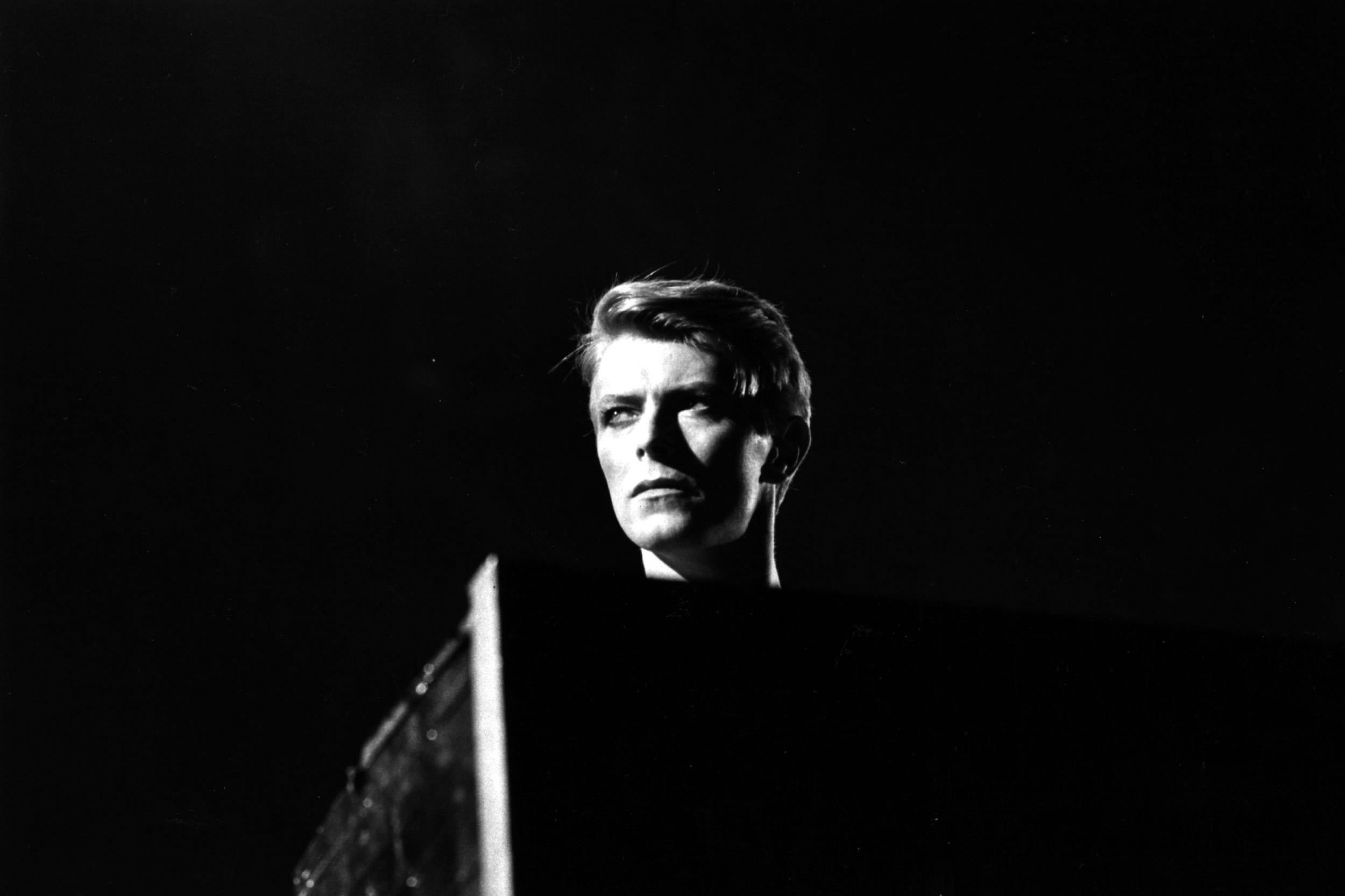
Bowie’s death in January marked the beginning of a year many would be forced to say goodbye to their 80s queer icons. A private - not secret - diagnosis of cancer and the recording of Blackstar, his own requiem, set the tone; Prince followed in April, dying of an opioid overdose. “The news is devastatingly true”, his shattered spokesperson would go on to say in a statement that so acutely summarised the collective heartbreak. It wasn’t just the world of music that would spend 2016 in mourning; literature lost Harper Lee, British comedy lost Victoria Wood, boxing lost the unequalled Muhammad Ali and cinema lost Alan Rickman, a working class hero who pierced an industry dominated by the privately educated and incredibly privileged. That he never forgot his humble beginnings was evidenced by the £100,000 he left to charitable causes in his will. One of his final acts would be to lend his famously distinctive voice to a video raising money for the refugee crisis.
The “curse” of 2016 wasn’t finished there. On Christmas Day, another towering working class hero was prematurely taken when George Michael, pioneering pop star, LGBT icon and for many the first openly gay famous person they knew died of suspected heart failure aged 53.
Donald Trump
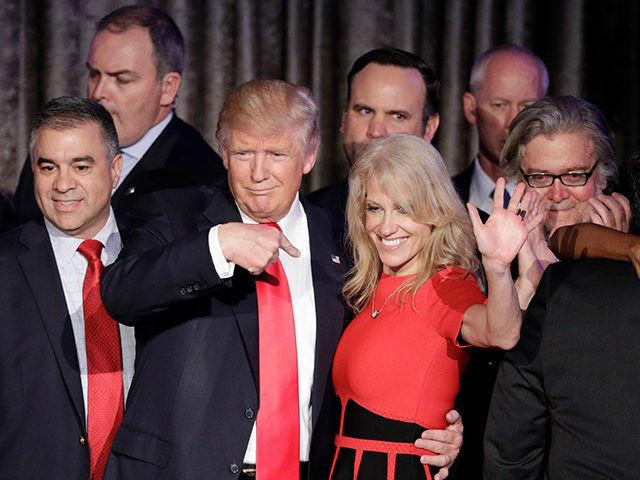
No list would be complete without Time’s irascible Person of the Year - sorry, Man of the Year - featured prominently. Trump's election was a seismic moment. His campaign eroded the belief that what is presented as news should be beholden to truth. The claims he touted were often unsubstantiated, sometimes completely untrue and easily distorted to fit an agenda. His approach has no doubt ensured post-truth politics will be required reading in critical theory classes in years to come. He was the man who sat at the 2011 White House Correspondents dinner and looked on impassively as the sitting President and Seth Meyers dared him to run for the White House, the man who then accepted the challenge and blew up the political landscape.
Much hand-wringing would be done by exasperated journalists who found themselves unable to avoid writing about Trump, as much as they tried. As one explained in his sixth column about Trump in a month, titled 'This column is not about Donald Trump’: “The late gonzo journalist Hunter S. Thompson routinely filed drug- and alcohol-fueled parables of Nixonian debauchery worthy of the sleaziest Grand Guignol, but even he would’ve had a hard time believing his senses during this presidential cycle.”
A special mention here must go to Alec Baldwin, who, by the way, is not dead despite fake news declaring otherwise. No actor has ever managed to parody and irritate a president with such panache. And while Trump might think the “sad” Baldwin impersonation “just can’t get any worse”, Baldwin is generously offering to perform at his inauguration ceremony. He even has a song prepared. Trump might be forced to accept his offer if confirming talent to play continues to prove difficult.
Nigel Farage
Look - stop being angry at Farage over Brexit, he just wanted his country back, then he just wanted his life back, ok? That was until the former leader of Ukip cast his gaze across the Atlantic and changed his mind, befriending a political candidate even more controversial than himself and then appearing at one of his rallies in Jackson to “tell the Brexit story“, leaving 80 per cent of the audience wondering who this man was. After a brief return to the UK, Farage hopped back on a flight and was spotted next to his friend in a gilded tower shortly after, grinning from ear to ear. There they were, just two normal blokes, chewing the fat after sticking it to the elite and keeping that special relationship between the US and the UK alive and kicking.
Gina Miller
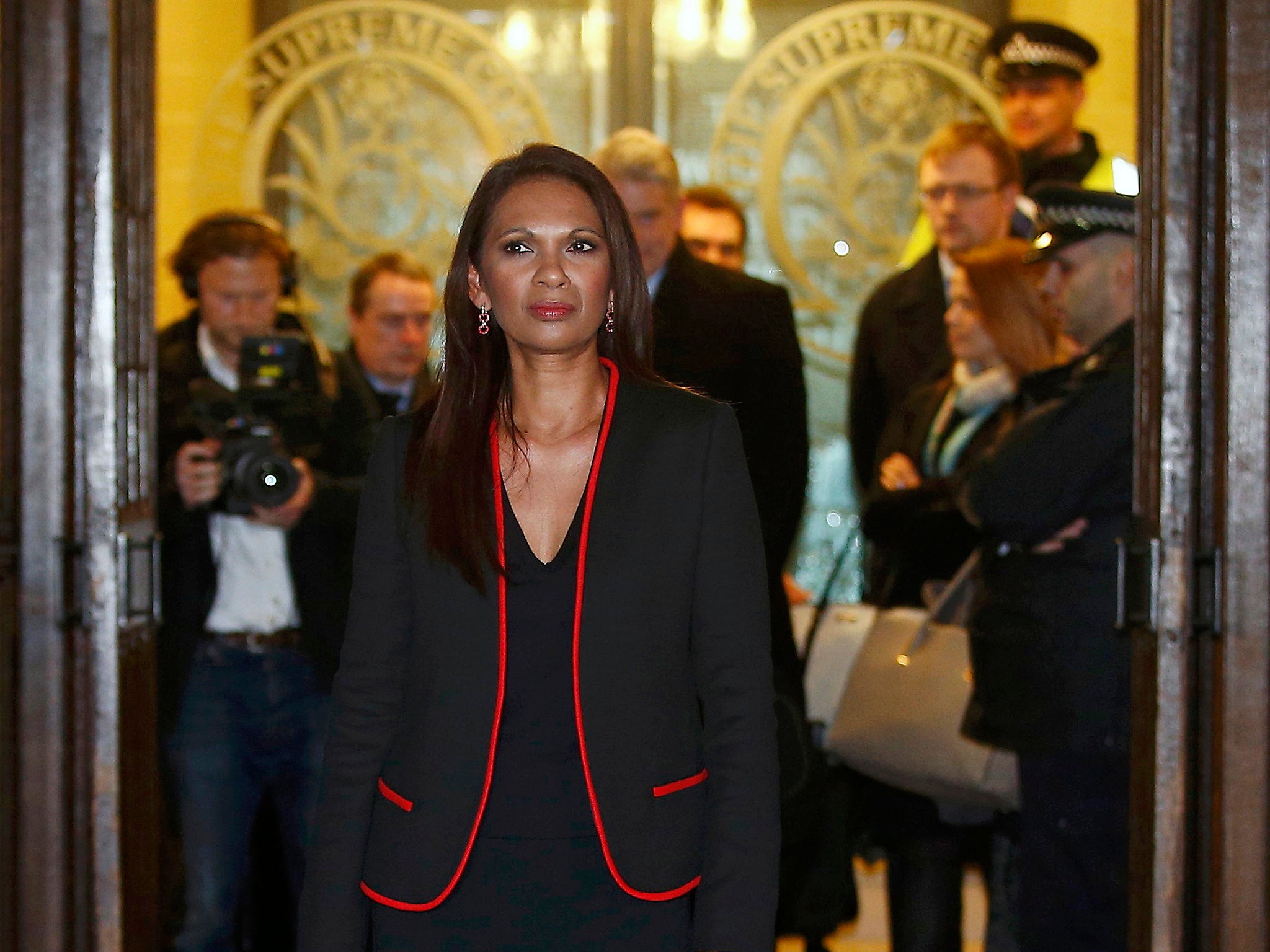
We truly understood what a deeply vicious and hostile space the internet can become when we saw Miller abused and attacked for her attempts to derail Theresa May's Brexit. The hedge fund manager and philanthropist argued that skipping a parliamentary vote on triggering Brexit, as the Prime Minister hopes to do, would be unconstitutional. Justices at London’s High Court agreed. But online trolls, The Sun, The Daily Mail and other outlets were not pleased, whipping up anger against “foreign-born” Miller and the judges who sided with her in a chilling “enemies of the people” front page. The cover was likened to propaganda disseminated by Nazis in the 1930 and Miller said she was suddenly unable to go anywhere anymore for the vitriol directed at her.
Beyonce
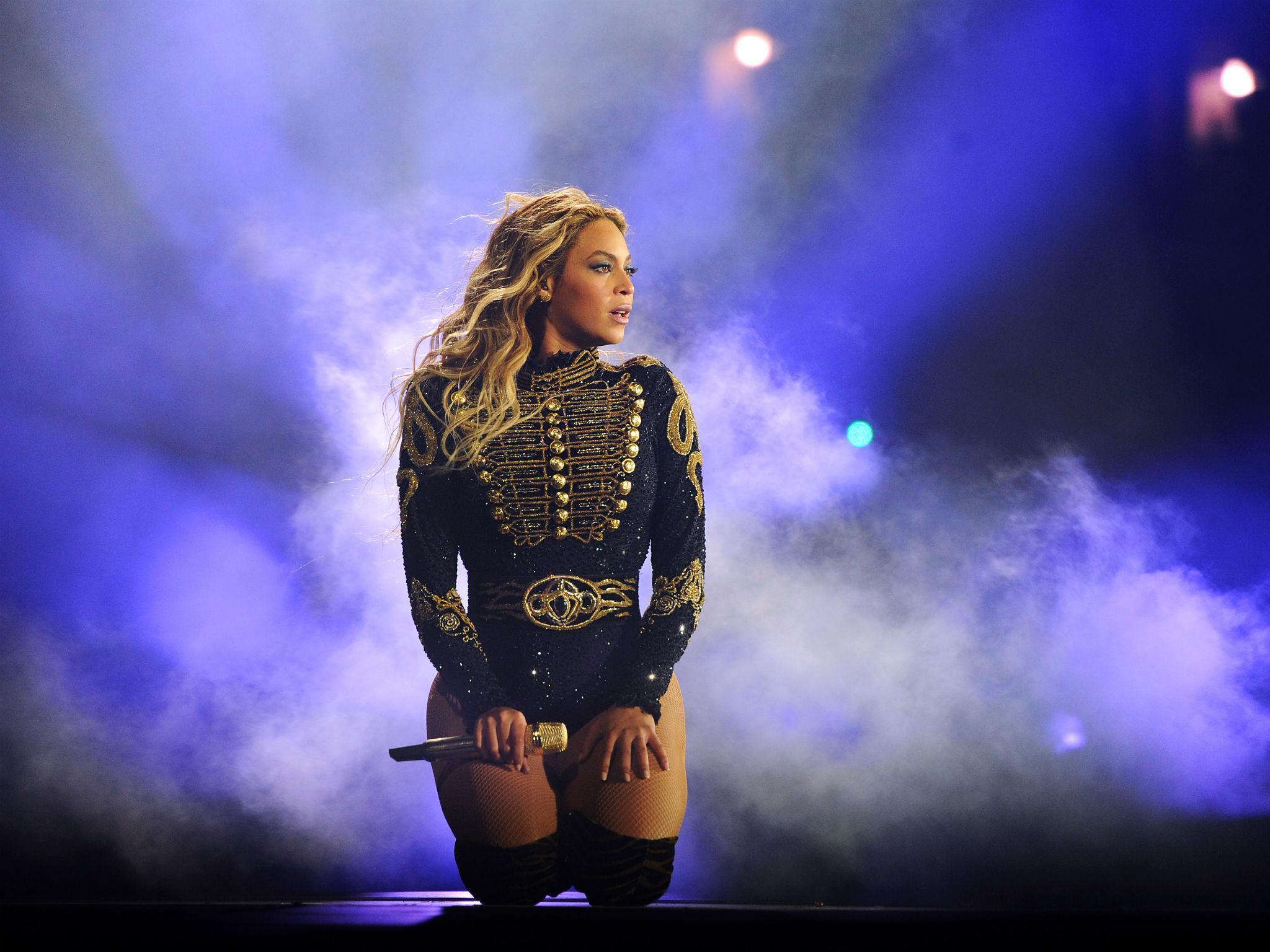
In Lemonade, Beyonce led a powerful call for equality amid a backdrop of police brutality. Her seminal visual album was a searching exploration of black identity, womanhood, racial injustice and attitudes within America. Beyonce ensured the disturbing shooting of Philando Castile, broadcast live on Facebook, and other black men in 2016 would not be buried, forgotten or disregarded. Her rallying cries were splashed across Instagram and her website where they could not be ignored. “We are sick and tired of the killings of young men and women in our communities,“ Beyonce told the US. "It is up to us to take a stand and demand that they 'stop killing us'.”
Angelina Jolie and Brad Pitt
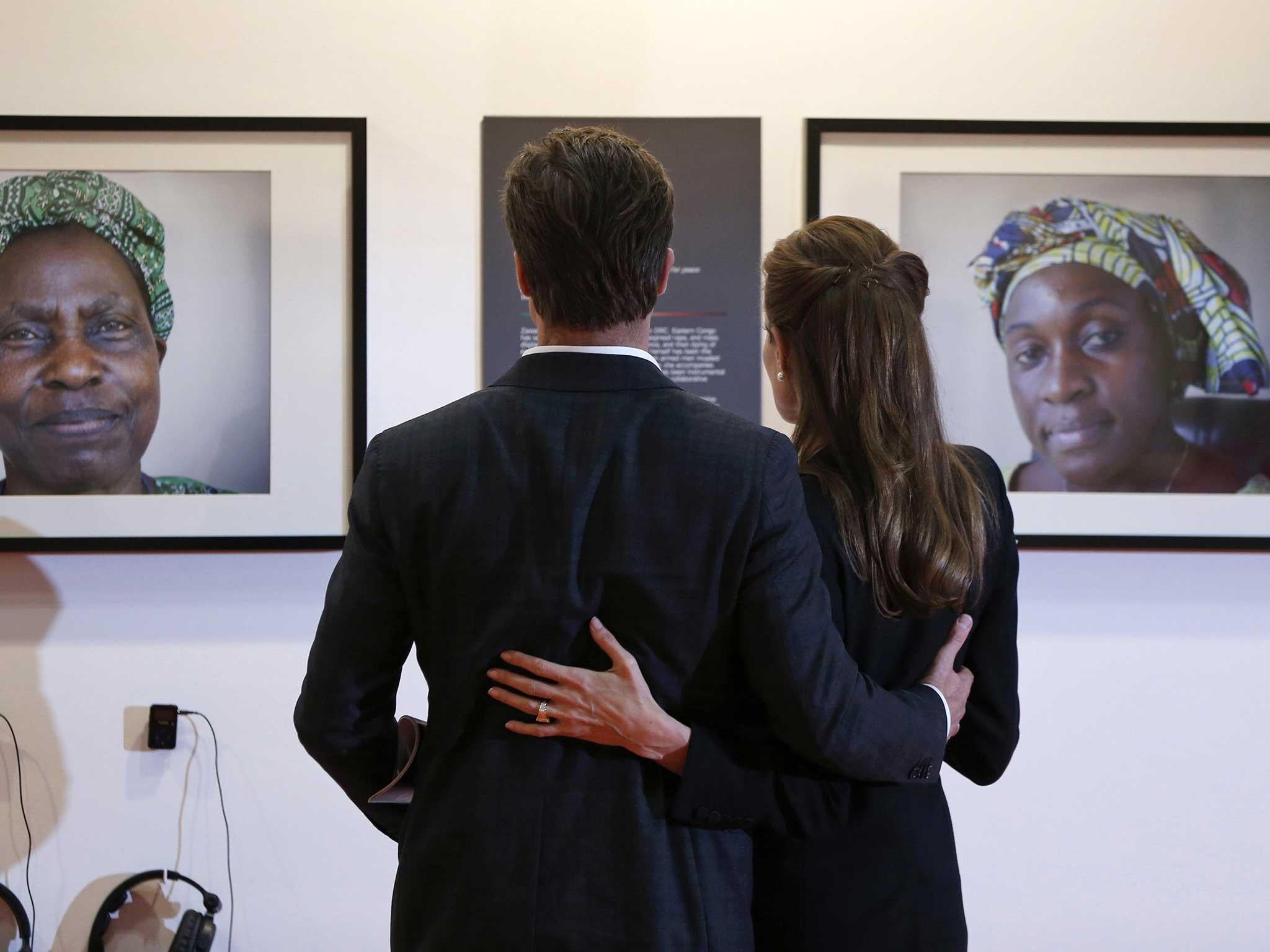
The breakdown of Jolie and Pitt’s relationship in 2016 was noteworthy because of its cultural ramifications. Their acrimonious split came after more than 10 years of Brangelina being mythologised as Hollywood’s infallible power couple. It cut deep into the heart of celebrity myths, exposing the fallacy of the 'perfect' relationships constructed by tabloids and sucked up by fandom. As with the divorce of Johnny Depp and Amber Heard, fans were exposed to an ugly side of fame.
Michael Moore

Moore became increasingly polemic in the weeks leading up to and following the election with his incisive deconstruction of Trump’s appeal at a time when it was still unfathomable to so many. In a five-point blog post, Moore listed how he believed Trump would first seduce the white working class and then screw them. His warnings have only become more urgent, making him one of the voices leading the groundswell of opposition against him and boosting a Moore renaissance after the documentary filmmaker's years spent in relative obscurity.
Bernie Sanders

Sander’s defining moment came not during his campaign for the Democratic nomination but after he stepped down as a candidate. There were no conciliatory messages from the socialist senator, who was so incensed by Trump’s pledges to deport millions of immigrants and ban Muslims from entering the US that when he won, a spokesperson told CNN: “We have nothing polite to say right now.” But Sanders had plenty to say after and became a mouth-piece for opposition against Trump.
Ken Loach

In his devastating drama I, Daniel Blake, Loach laid bare the everyday reality for many people in the UK, giving a voice to the dispossessed and forcing a conversation about how the welfare system treats those it purports to support. His fictional tale of a man fighting to get Employment and Support Allowance following a heart attack humanised those many are so quick to label “scroungers” and portrayed a farcical system overwrought with bureaucracy. At 80, Loach was supposed to be in retirement, but he was compelled to carry on. He wanted his film to resonate in the hope that it could effect change, telling The Independent after its release: “I suppose why you hope it connects to people is that we need to fight back. Iain Duncan Smith and his regime, they wanted to make the poor suffer and then humiliated them by telling them that their poverty was their own fault and, to demonstrate that, if you’re not up to mark then you’re sanctioned and the money stops. How does he think people will live? They know the cruelty of it. I think what’s different now is that knowing suffering that they are imposing on people.”
Mr Smith wasn’t convinced by it, however; the former Work and Pensions Secretary credited with implementing the cuts Loach's film scrutinises said it only focused on the “very worst of anything that can ever happen to anybody”. Mr Smith also claimed 75 per cent of jobseekers say benefit sanctions help them “focus and get on”. Many on the other side of the system who have experienced benefit sanctions or worked with those who had disagreed.
Vladimir Putin
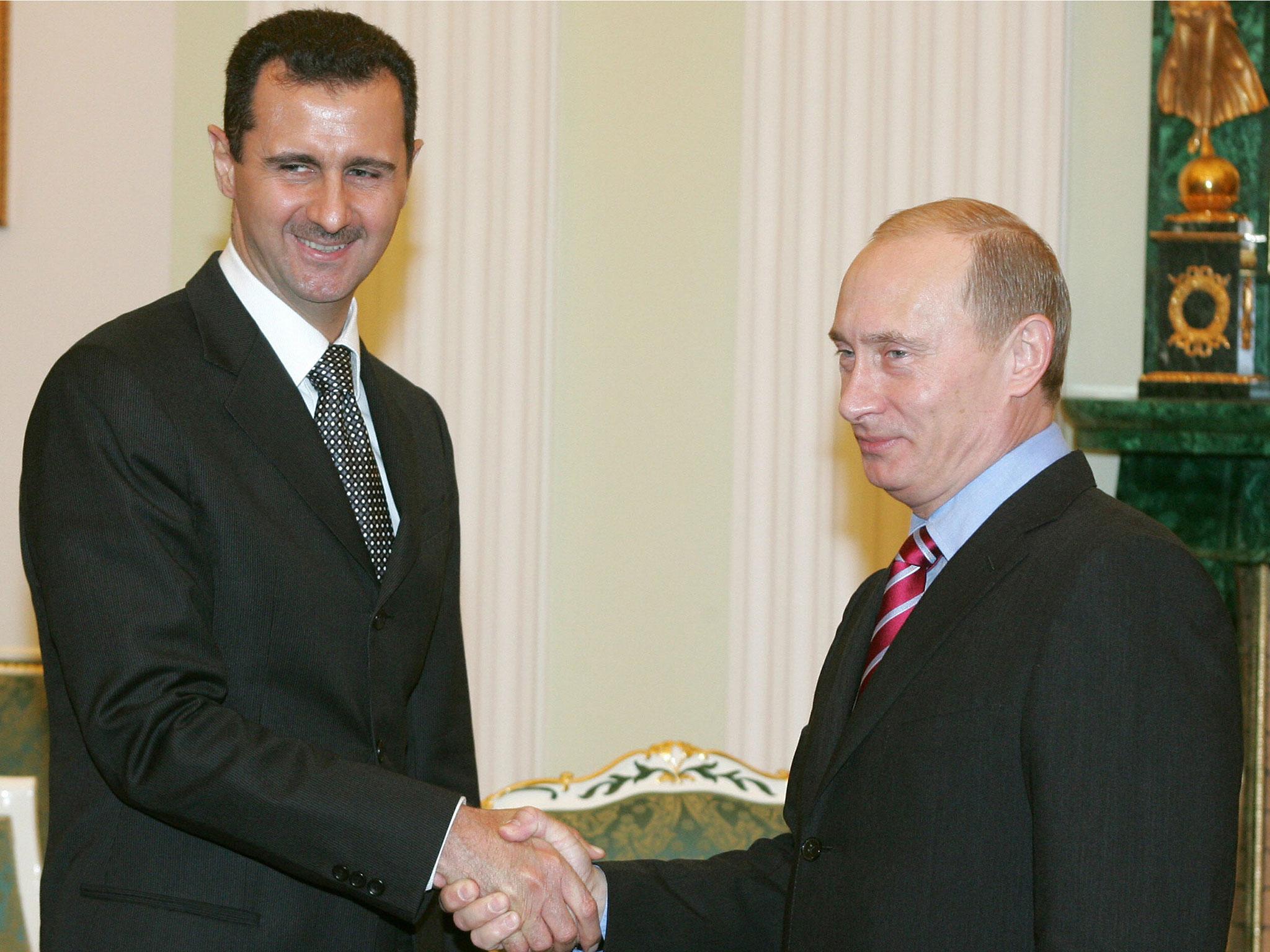
2016 drew to a close with the haunting images of Aleppo in ruins after Syrian Government forces, backed by Russian shelling, recaptured the city. Five years of civil war, 400,000 killed, two million displaced from Aleppo, countless injured. A city where the children who lived their whole lives under siege would appear in the back of ambulances or in hospitals silently blinking and covered in dust. When the sun sets over what was once the bustling heart of Syria on 31 December, it will rise again on 1 January over the ashes of a city razed to the ground.
Join our commenting forum
Join thought-provoking conversations, follow other Independent readers and see their replies
Comments